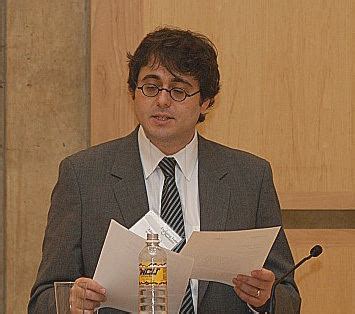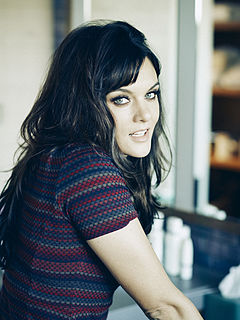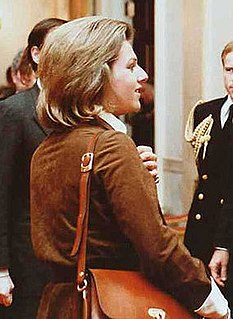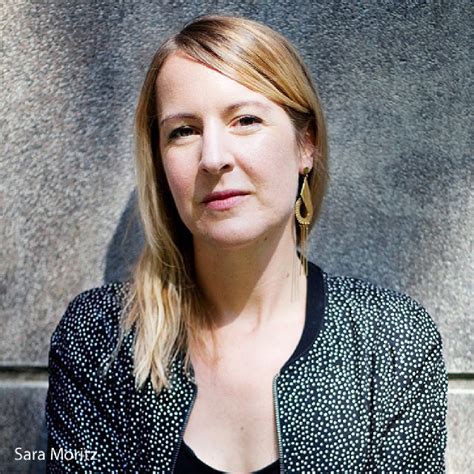A Quote by Karin Tidbeck
My early stories revolved around reality and faith. I wrote a series of stories about the darker aspects of Christian myth: a woman who hides in the attic and watches the Apocalypse, a cult whose members preserve themselves in huge formalin tubs waiting for the Second Coming, and so on.
Related Quotes
Long before I wrote stories, I listened for stories. Listening for them is something more acute than listening to them. I suppose it’s an early form of participation in what goes on. Listening children know stories are there. When their elders sit and begin, children are just waiting and hoping for one to come out, like a mouse from its hole.
I took to writing as my medicine to help me stay afloat in acting career journey. I wrote about me breaking hearts, and my heart being broken. I wrote about my views whether they were liberal or conservative. I wrote about everything. I wrote about my life. When I did not have paper coming in as green backs, I'd use random pieces of paper for stories. It was like, I got no money, but I have paper to write. So I wrote.



































